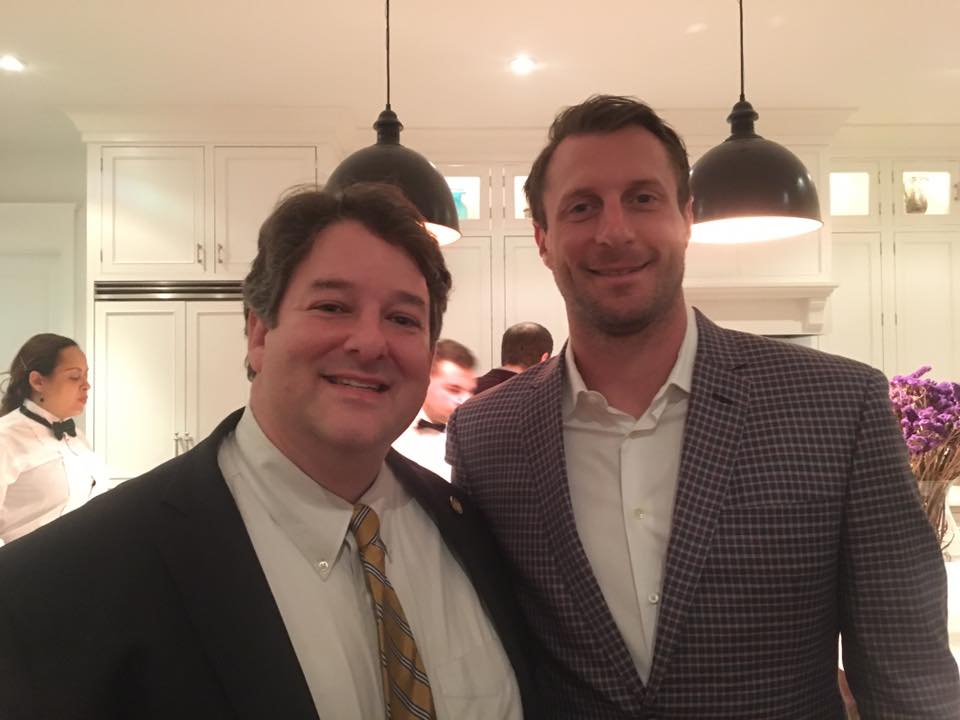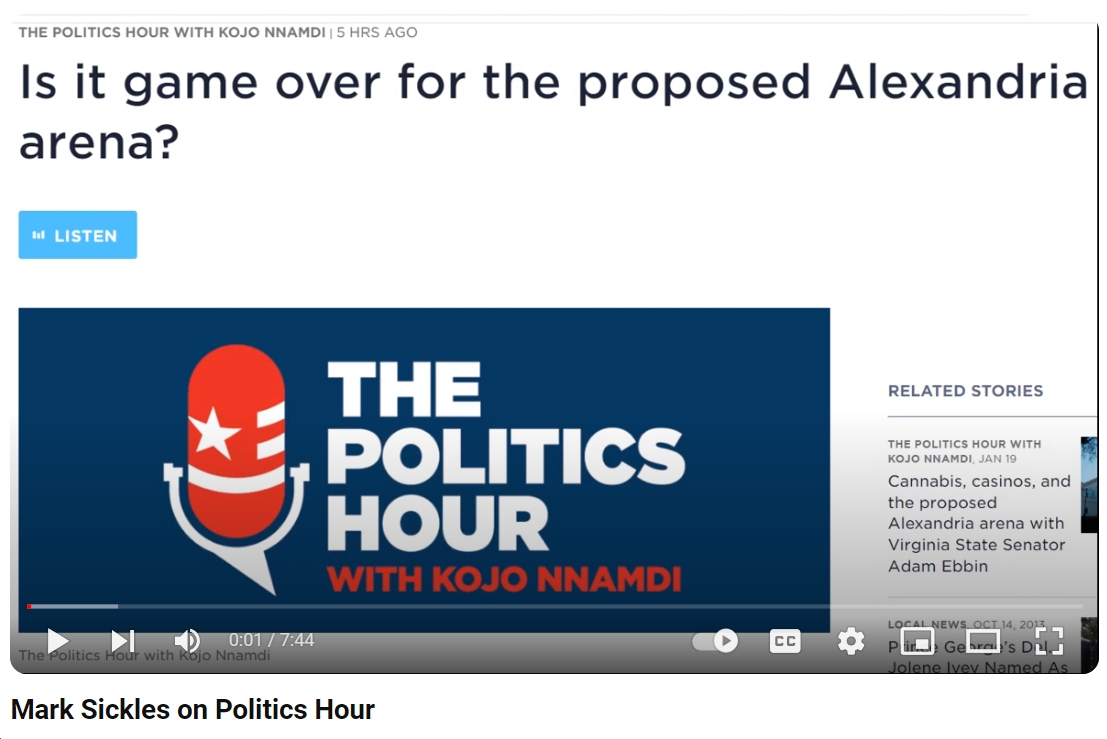by Johanna Gusman, cross posted from Medium
Politicians love to say, “I am not a politician.” They do this to convince the masses that they are somehow different, but it simply proves they are more of the same. I prefer that writer’s adage: show, don’t tell.
We all have a picture in our mind’s eye — a picture reinforced by biases, the media, and institutions seeking to maintain the status quo — of what a politician should look like. Sometimes it can be as innocuous as a baby-kissing civil servant. But more often than not, people picture an older white male in a suit as that symbol of power. For the majority of our nation’s history, it’s been that way.
Fortunately, we are beginning to shift that narrative, slow as change may be. But we still expect to see politicians in some type of conservative attire, making vague tautological statements like, “Our community must come together to unite.” When I began my Campaign for House Delegate in Virginia’s 87th District, I knew immediately that I wanted to dispel these stereotypes. No suits. Bold statements.
The day my name was put on the ballot, I promised myself that I would never be seen without my ‘VA ratify ERA’ button because it is the impetus of why I entered the race. But that quickly morphed into wearing all of my issues on my sleeve, or really over the center of my jean jacket, as a way to signal to voters exactly what I will advocate for in Richmond. What began as a simple way to show where I stand on issues became a movement towards a more transparent, unapologetic, and people-centered politicking that my community is eager to embrace.
People began to give me buttons and that’s when I knew this jacket was more than mere symbolism; it was real. There’s no better connection to voters than their literal pinning of issues on me. People began to recognize the jean jacket everywhere I went, telling me things like it reminded them of their youth spent fighting for the same issues. A reminder that freedom is fought and earned in every generation.
Now, I will not leave my house without my jean jacket on, even if I wear it over my ballgown for a political gala. It is about more than just me and my campaign; it’s about seeing ourselves in our elected officials. That the public must be seen as a symbol of leadership more than the patriarch.
Too often we give up our power by believing that we do not have any. This jacket reminds us that we hold the power for change. People respond to it because it is also a reflection of the collective values and shared belief in the change that they want to see in electoral politics. I am setting out to prove that campaigning is about empowering people and that a tiny brown woman in a jean jacket, not just a white man in a suit, is precisely the person for that task.
_______
Johanna Gusman grew up in Sterling, Virginia. She attended Potomac Falls High School, graduated with honors from Virginia Tech, earned her Master’s degree in Biophysics and Physiology from Georgetown University and was awarded the Gates Public Service Law Scholarship to the University of Washington. Johanna worked as a human rights lawyer for the United Nations/World Health Organization in the Philippines, Egypt, and Switzerland and completed a Fulbright Public Policy Fellowship in Samoa. She has been a Visiting Research Scholar at the University of Oxford and at the Georgetown University Law Center. She has also served as an AmeriCorps Healthcorps volunteer and as a Women’s Commissioner for the City of Seattle. Johanna has dedicated her career to public service and believes in the realization of human rights for everyone. Her campaign received the EMILY’s List Endorsement and she is currently a member of the Emerge Virginia 2019 class.














